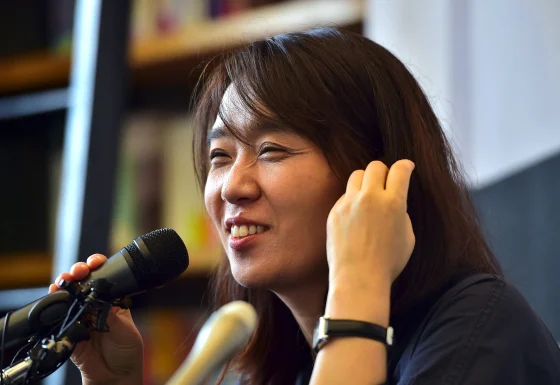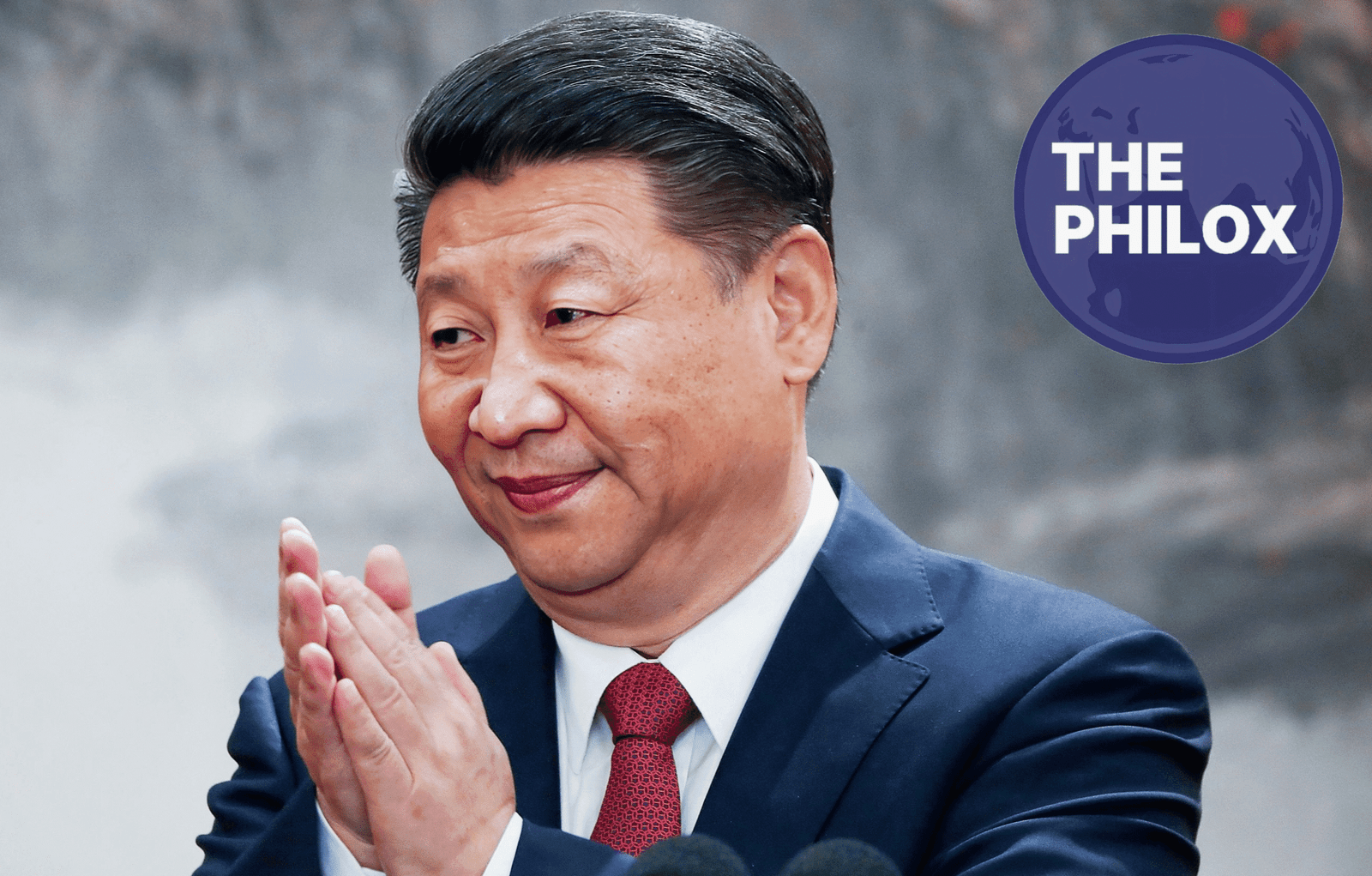In a remarkable shift from recent years, the 2024 Nobel Prize in Literature has been awarded to South Korean author Han Kang. The Swedish Academy recognized her “intense poetic prose that confronts historical traumas and exposes the fragility of human life.” This decision marks a significant moment for Asian literature and emphasizes the global reach of contemporary writers.
A New Era in Literature
After two years of European-centric winners, Han Kang’s award brings a refreshing perspective, showcasing the richness of Asian storytelling. At 53, Kang stands at the peak of her literary career, known as an “innovator in contemporary prose.” Her experimental style breathes life into universal themes surrounding the human condition, often illuminating the struggles women face against patriarchy, violence, and grief.
The Rise of Han Kang
Han Kang’s literary journey began with poetry, debuting in 1993 in the magazine Literature and Society. Her breakthrough came in 2007 with The Vegetarian, which was first published in Korean and translated into English in 2015. This novel, which explores the life of a woman who decides to stop eating meat, quickly garnered international acclaim, winning the Man Booker International Prize in 2016. The protagonist, Yeong-hye, faces severe consequences for her seemingly small act of defiance, which serves as a profound commentary on personal autonomy and societal expectations.
Exploring the Depths of Human Experience
The themes present in Kang’s work are deeply rooted in her own experiences and observations of society. She writes with a radical and poetic imagination, exploring the pain of historical wrongs and injustices that continue to shape the lives of individuals today. Her oeuvre is not just a collection of stories; it is a profound exploration of the connections between body and soul, the living and the dead.
In The White Book, Kang presents an elegy for a sister who died shortly after birth. The narrative unfolds through short notes, each focusing on a white object, representing grief and memory. This unique structure reflects her ability to transform personal sorrow into universal themes, engaging readers on a deeply emotional level.
Human Acts: A Historical Reflection
Another cornerstone of Kang’s work is her novel Human Acts, which confronts the traumatic events of South Korean history. The story is centered around the Gwangju Uprising of 1980, where the South Korean military violently suppressed student protests. Through her experimental style, she gives voice to the voiceless, shedding light on the victims of history and their struggles. The novel’s poignant exploration of humanity’s fragility resonates with readers, drawing attention to the importance of remembering the past to inform the future.
A Journey Through Language and Intimacy
Kang’s latest novel, Greek Lessons, further explores the complexities of communication and intimacy. The story revolves around a young woman who loses her ability to speak and her teacher, who is losing his sight. Their relationship evolves into a fragile love affair, illustrating how love can thrive amidst vulnerability. The novel serves as a meditation on loss, intimacy, and the intricate connections that bind people together.
The Global Impact of Han Kang’s Writing
Han Kang’s Nobel Prize win is not just a personal triumph; it represents a broader recognition of Korean literature on the world stage. The number of translators working on Korean literature has increased dramatically since her international breakthrough, mirroring the global success of Korean cinema and pop music.
Her influence has inspired many writers, paving the way for others like Kim Hyesoon, Bora Chung, and Hwang Sok-yong to receive international acclaim. Han’s recognition is a beacon for Asian authors, showcasing the richness of their narratives and the potential for their stories to resonate with a global audience.
A Moment of Celebration
The literary world has embraced Han Kang’s achievement with warm congratulations. Author Tomer Rozenberg described her as “an incredibly deserving laureate,” noting that her innovative approach to prose pushes the boundaries of contemporary literature. The Nobel Committee’s recognition of her work highlights the importance of diverse voices in literature, especially those that confront historical injustices and explore the human experience.
Looking Ahead
As Han Kang prepares to receive her Nobel Prize, she remains grounded, having just finished dinner with her son when the news broke. Mats Malm, the permanent secretary of the Nobel Committee, expressed excitement about meeting her and hearing more about her journey.
The Nobel Prize in Literature is awarded annually, celebrating exceptional contributions to the literary world. With Kang’s recognition, the Swedish Academy has once again emphasized the significance of literature in bridging cultures and fostering understanding across borders.
A Legacy of Literary Excellence
Han Kang is now the first South Korean writer to win the Nobel Prize in Literature, a testament to her unique voice and impactful storytelling. Her works not only challenge societal norms but also inspire readers to reflect on their own lives and the world around them. As her stories reach a wider audience, they carry the potential to ignite discussions about gender, trauma, and the shared human experience.
In a world often overshadowed by negativity, Han Kang’s writing shines as a beacon of hope and resilience. Her ability to weave profound truths into her narratives ensures that her work will resonate for generations to come. As we celebrate her achievement, we are reminded of the power of literature to connect us, heal us, and provoke thought in a rapidly changing world.
Conclusion
The 2024 Nobel Prize in Literature awarded to Han Kang marks a pivotal moment in literary history, inviting readers to engage with the depths of human experience through her poignant storytelling. As we look forward to her future works and translations, we can only hope that her narrative continues to inspire and unite us all.
Sources:




